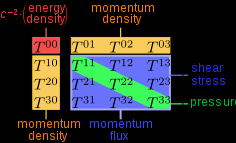perhaps an idea, or way, that better accommodates free will, makes it possible, probably makes thought possible, is that largely what a person inhabits is a space, made a space (of possibilities) by what was prevented from happening, or inhibited
large part of everything both of inner and substantial part of external environments people inhabit is in fact the product of what was prevented from being otherwise, maintained so
things that are prevented from happening haven’t physically happened, but they are happening in the way of being prevented from happening, which has implications for thought, characteristics of thought
take something really dumb as an example, there are lots of examples, lots of possibilities
I look after 6km~ of 25 year old plumbing, most of it is buried, I run it all at the minimum pressure to do the job, to the extent I vary it (the pressure) depending on what flow is or might be required on the line/s
which brings me to the leaks that haven’t happened, the water that hasn’t been lost, what was prevented from happening
what was prevented from happening never happened, yet it is large part of what contributes to the present physical state of the plumbing, it’s been less stressed by unnecessary high pressure, and the water that could have been wasted stayed in the mains utility pipeline and went elsewhere
that example above suggests large part of reality is the product of what doesn’t happen, is prevented from happening
i’d suggest free will probably largely comes from something similar, the analogy is possibly useful
all that is prevented from happening, the otherwise, travels with what is, the indeterminate along with what can be determined, the physicality that eventuates (the state) is largely the product of what was prevented from physically happening
so I doubt free will is necessarily a hard question, just the most suitable explanation has some potentially very uncomfortable implications for thought more broadly
